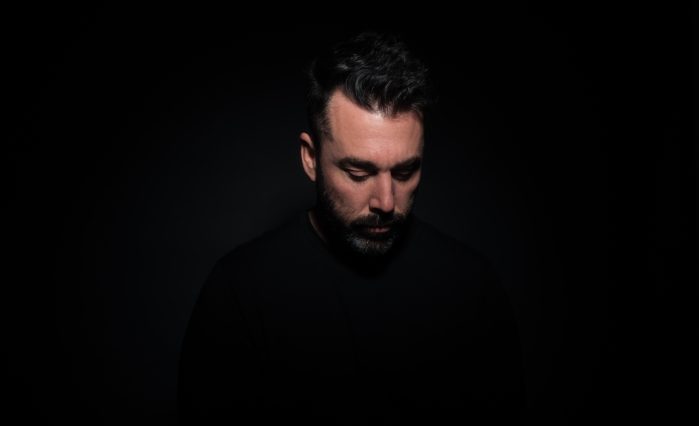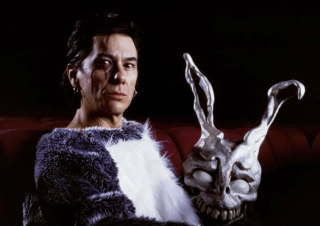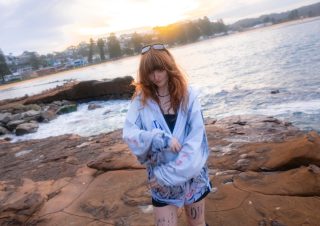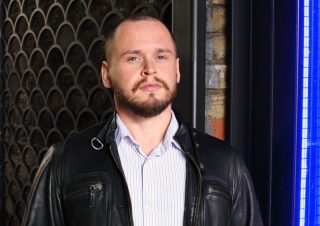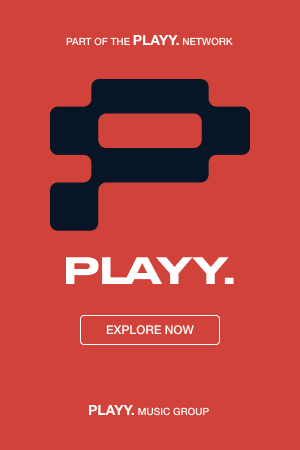Demsky, the Toronto-born producer now calling Tokyo home, crafts electronica that dances between ambient haze, downtempo rhythms, and beat-driven pulses, all laced with his jam-band roots and a gift for fluid, improvisational twists. He’s built a global buzz through appearances at festivals like Wonderfruit in Thailand, Echoes of Earth in India, and Intergalactic Festival in Japan, plus gigs across Europe and Asia, and he even co-founded SentoSensations, the Tokyo event series that turns the city’s oldest bathhouse into a steamy haven for alternative acts like Lullatone and Kin Leonn. His latest LP, Jugaad—out now on Reset Networks—channels that same resourceful spirit, borrowing its title from a Hindi term used to describe someone’s ability to improvise.
Read on as he breaks down the makeshift magic behind it all in our latest interview:
How did growing up in Toronto shape the improvisational edge in your electronica sound before you made the leap to Tokyo?
It taught me how to listen. Canada and the US at that time had such incredible artists across all genres, and they all jammed and worked together. I got to hear these incredible sets multiple nights in a row without songs repeating. Hearing and watching them transition from section to section and song to song really showed me the importance of listening to your fellow bandmates and the environment around you. My old band worked tirelessly on this. We’d try different songs as openers and closers, pairing them with different tracks all the time. It was like solving a puzzle: “How can we go from this key and BPM to another smoothly?” It took patience and good listening. I try to do the same with my sets now, listening attentively to my audience. They tell me where to go.
What’s one jam-band gig from your early days that still influences how you approach live sets today?
I’ve been really into King Gizzard and The Lizard Wizard, an Australian act with a jam mindset. When I went back home to visit family, my brother had an extra ticket to their show and took me along. I hadn’t heard a single tune until my best friend played ‘The Dripping Tap’ for me. I’ve been hooked ever since and still wonder how they approach their jams and listen to each other on stage. There’s still a lot to learn there.
Co-founding SentoSensations in a historic bathhouse sounds epic—what drew you to that unconventional spot for spotlighting alternative acts?
The other co-founder actually stayed on my couch my first year in Japan and has been a good friend ever since. He’s the co-founder of an independent print publication called Sankaku. We always thought it would be fun to do an event together. Originally, we wanted to host it at the Canadian Embassy, but it never went through. One day, David was invited to an event at this bathhouse called Denki-yu and thought it would be a fun place to try, so we went for it.
One rule we gave ourselves was that every year, we had to release something. It became our event to push ourselves. This is our fourth year now. I’m releasing Jugaad, and Sankaku is releasing Volume 03: GODS, which explores religion, tradition, and how people relate to them through their craft and life’s work.
The bathhouse gave the audience a fun new playground that feels relaxing, fresh, and unconventional. It’s a place where people can soak in the footbath while listening and learning about the beautiful arts around Asia.
Jugaad borrows from that Hindi concept of resourceful fixes—how did that mindset play out in your makeshift recording sessions for the album?
I think my whole music career has been about that concept without me even knowing it. When I first started making beats, I didn’t have much equipment or gear, and that’s where the resourcefulness kicks in. You have to use what you have and fight for the sounds you want.
When this concept was explained to me during my small tour in Delhi, I connected with it right away. Coming from Japan, where a word like shouganai (“it can’t be helped”) is so prominent, jugaad sounded so refreshing. It’s the opposite. You can always make it work, and that’s what this album represents: my fight and struggle for beauty.
You mix in field recordings and organic instruments on Jugaad; what’s a favorite “found” sound that captures Tokyo’s vibe perfectly?
For some reason, the percussive elements on Sonar Sunrise feel like the beating heart of this city. Tokyo can be relentless at times, but it just keeps moving, and if you’re willing to go along with it, it’ll treat you well. I love those rhythmic patterns running through this beat and these streets.
With touches of broken beat and jazz phrasing amid the ambient and techno, how did collaborating with Nanaco on ‘Reminisce’ push those layers even further?
She’s an absolute sweetheart for helping me out with this. The track is about losing a close friend of mine to a car accident, and it’s my homage to him. I told her the story in detail, and she listened attentively. I wrote the opening violin melodies and wanted her to bring a more organic feel to them.
For the solo, I wanted to keep it raw and untouched by edits. I never feel right telling someone what direction a solo should take, and one of her takes really captured the heartbreak and beauty of it all. I trusted her, and she left something beautiful for the memory of my friend. I’m forever grateful.
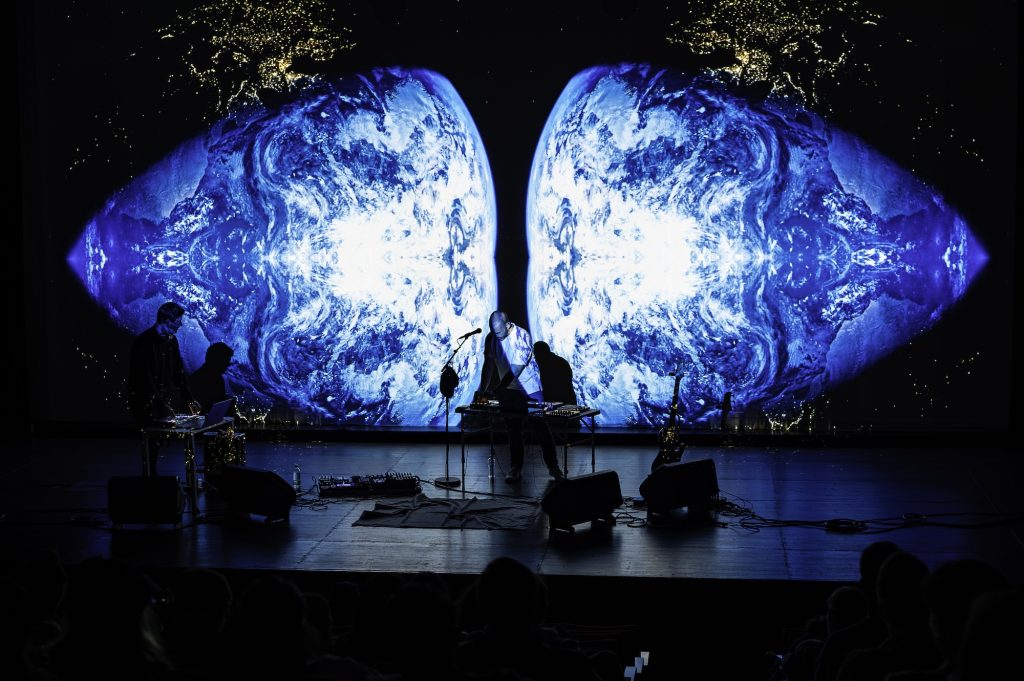
Playing festivals like Wonderfruit and Echoes of Earth across continents must feel worlds apart—how do those diverse crowds inspire your fluid compositions?
The audiences, the stages, the tracks I played, you couldn’t ask for two more different worlds.
Wonderfruit gave me the Enfold stage, an immersive sound and ambient experience. It truly tested my limits, and I actually had to upgrade a lot of gear for it. My good friend Sean Mallion, who also mixed the album, guided me through how to approach it so the audience could be fully absorbed. I can’t thank him enough.
Echoes of Earth and the other shows in Goa and Bombay were the complete opposite, high energy and in your face. I played during the day on a stage shaped like a huge bird. Even though it was burning hot, the people stayed and danced with me throughout. I love them for that.
I had to tap into completely different energies and cater to two contrasting crowds. It was the ultimate training.
You’ve turned constraints like nontraditional spaces into strengths, but what’s the toughest creative roadblock you’ve hit while building your career?
I think every artist experiences that. A lot of people feel you have to keep creating and fight through it no matter what, but there’s nothing wrong with stepping back and taking a break. It gives you time to breathe, take in new ideas, and explore new worlds. I especially do that after a long tour like the one I just had. I step away from it all and reset before diving back in.
Blending your jam-band roots with electronica in a city like Tokyo—does that ever spark identity clashes, or is it all fuel for the fire?
I absolutely love it. I’m working toward including my bass in my live sets a lot more so I can truly merge the two. They’re both my everything and have shaped my sound into what it is today.
If you could remix one everyday Tokyo ritual into a track right now, what would it be and why?
One of my favorite places to play in Japan is Fukui. I love the people; it gets me out of the city. I often play at a place called Flat Kitchen. The owner is a magician in the kitchen, inspired by dishes from around the world without ever really going there.
The first time I played there, I was relaxing before the gig while he was cutting vegetables, listening to this music called Riyo Mountains. It’s music for the working man, meant to accompany tasks done in sequence with the rhythms. He was cutting vegetables perfectly in time. That’s stayed with me, and it’ll be next on my remix list.
Stream ‘Pure Honey’:

